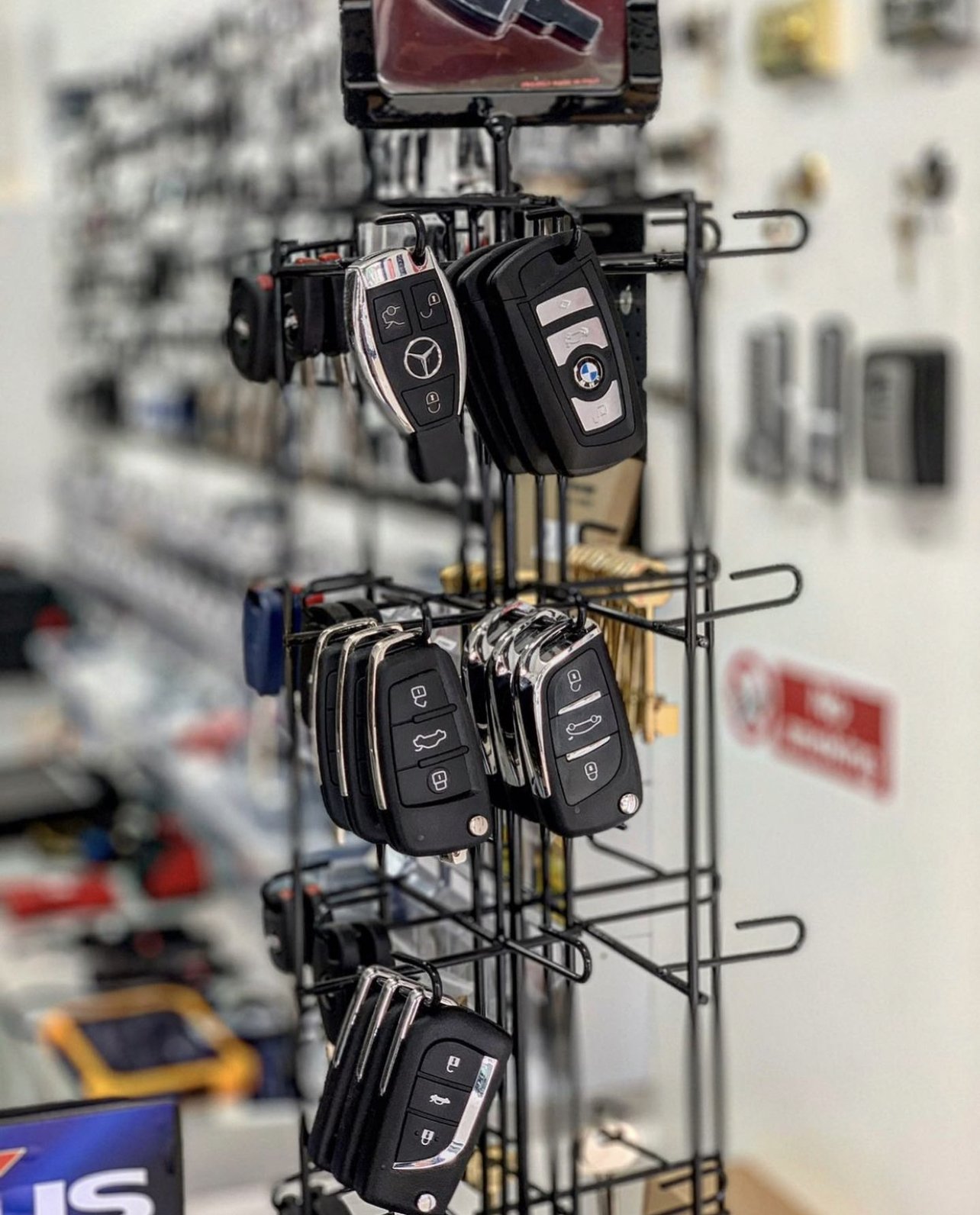A Comprehensive Guide to Replacing Your Car Key
Losing or harming a car key can be a frustrating experience for any car owner. In addition to the inconvenience, it can also lead to unforeseen expenditures and possible security issues. Thankfully, changing a car key no longer requires a trip to the dealer, as there are various choices offered to accommodate different requirements and spending plans. This post provides an informative summary of the key replacement process, techniques for obtaining a new key, possible expenses, and necessary FAQs to assist you make informed decisions.
Comprehending Your Car Key Types
Before diving into the replacement procedure, it's essential to comprehend the types of car keys. Car keys have progressed substantially, and contemporary lorries frequently utilize advanced innovations. Below is a breakdown of the main types of car keys:
| Key Type | Description | Replacement Method |
|---|---|---|
| Conventional Key | Metal key that inserts into the ignition | Regional locksmith professional or hardware shop |
| Transponder Key | Key with a chip that interacts with the vehicle | Automotive locksmith or dealership |
| Key Fob | Remote key that includes integrated features like locking/unlocking | Dealer or specialized locksmith professional |
| Smart Key | Keyless entry system that begins the engine digitally | Car dealership or specialized locksmith professionals |
Understanding the type of key you possess will direct you in selecting the appropriate replacement choices readily available.
Common Replacement Methods
When it comes to replacing a car key, there are several options readily available. just click the next post has its benefits and drawbacks, which can influence the choice based on elements such as time, budget, and convenience.
1. Consulting a Dealership
- Pros:
- Access to OEM (Original Equipment Manufacturer) keys that are guaranteed for compatibility.
- Expert services make sure correct performance.
- Cons:
- Typically the most pricey option.
- Possible longer wait times due to administrative procedures.
2. Visiting a Local Locksmith
- Pros:
- Generally more budget friendly than dealerships.
- Quicker service, particularly for conventional keys.
- Cons:
- Some locksmith professionals might do not have the required shows tools for transponder or wise keys.
3. Utilizing a Mobile Locksmith Service
- Pros:
- Convenience of on-site service.
- Competitive pricing.
- Cons:
- Varying levels of proficiency amongst mobile locksmith professionals.
4. Online Replacement Services
- Pros:
- Often supply affordable rates.
- May offer easy-to-follow guides for DIY replacement.
- Cons:
- Risks of receiving non-OEM keys that may not work properly.
- Not advised for keys needing programs.
5. Insurance coverage Coverage
- Some car insurance policies cover key replacement expenses. It's rewarding to review your policy or call your insurance coverage supplier to examine if you qualify.
Possible Costs of Key Replacement
The expense to replace a car key depends on numerous aspects, consisting of the kind of key, the vehicle make and model, and the technique chosen for replacement. Below is a general expense breakdown:
| Key Type | Estimated Cost |
|---|---|
| Standard Key | ₤ 2 - ₤ 10 |
| Transponder Key | ₤ 50 - ₤ 200 |
| Key Fob | ₤ 100 - ₤ 400 |
| Smart Key | ₤ 200 - ₤ 500 |
It's important to think about that extra charges may apply, particularly if programming is needed for transponder or clever keys.
Extra Costs:
- Programming Fee: Ranges from ₤ 30 to ₤ 100, depending on the vehicle.
- Locksmith Service Fee: Some locksmiths charge a service charge for coming to your area, generally ₤ 25 to ₤ 50.
Actions to Replace Your Car Key
If you've chosen the method you wish to utilize for replacement, follow these actions to make sure a smooth process:
Gather Necessary Information:
- Vehicle Identification Number (VIN).
- Proof of ownership, such as your car title or registration files.
Select a Replacement Method:
- Decide whether to go to a dealership, utilize a locksmith professional, or go with online services.
Contact Your Chosen Service:
- If going to a car dealership, call ahead to guarantee they have the necessary parts.
- For locksmith professionals, examine their qualifications and ensure they can manage your type of key.
Set up an Appointment:
- Whether at the dealer or with a locksmith, constantly want to reserve a consultation to avoid long waiting times.
Setting the New Key (if applicable):
- Follow the offered guidelines, or enable the service supplier to configure the key for you.
Frequently Asked Questions about Car Key Replacement
Q1: Can I get a key made without the original?A: Yes, it is
possible to make a key without the original, however it might require the VIN and proof of ownership.
Q2: How long does it require to replace a car key?A: The
time needed can differ. Dealers might take numerous hours, while a locksmith professional can often finish the procedure in about 30 minutes to an hour.
Q3: Does my insurance cover key replacement?A: Many insurance coverage policies have actually provisions for lost keys, however protection can differ. Contact your insurer to validate. Q4: What if my key fob's battery is dead?A: If your key fob is
n't operating, examine and replace the battery. This can typically be done yourself following the maker's guidelines. Q5: Are there any threats to utilizing a mobile locksmith?A: While lots of mobile locksmith professionals supply trustworthy service, it's important to pick one with favorable evaluations and the needed tools for programming keys. Losing or needing to replace a car key can be an inconvenience, but comprehending your choices can improve the process. Whether through a dealership, locksmith professional, or online service, the key to an effective replacement is extensive research study and preparation. By being equipped with info and clear on your requirements, you can with confidence browse the replacement procedure, reduce expenses, and return on the road with assurance.

